New data suggests this may just be the calm before the storm. According to a survey by the World Economic Forum (WEF), 40% of employers expect to cut jobs between 2025 and 2030 in roles that can be automated.
An earlier Goldman Sachs report also predicted that AI could displace the equivalent of 300 million full-time jobs. The International Monetary Fund (IMF) added that nearly 40% of global jobs are affected by AI, while Brookings estimated that more than 30% of workers could see at least half of their jobs replaced by AI.
In fact, the number of jobs lost to AI is still relatively small. The October 2024 Challenger report found that from May 2023 to September 2024, only about 17,000 jobs in the US will be displaced by AI.
This may seem counterintuitive to pessimistic predictions, but this may just be a period of calm as a sudden change occurs. History shows that technological breakthroughs do not happen gradually, but rather accumulate and then explode.
In an interview, AI expert Kai-Fu Lee once said that 40% of the world's jobs could be replaced by AI within the next 15 years. The way technology affects jobs could be like the quote from Ernest Hemingway's The Sun Also Rises : "Gradually, then suddenly."
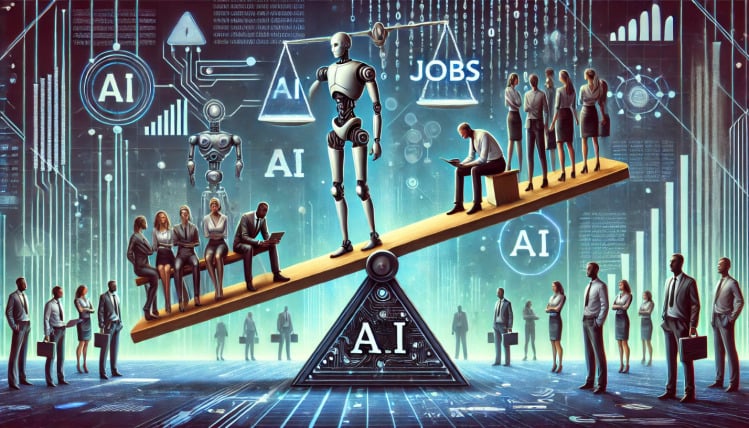
Illustration: Grossman/Dall-E
AI is creeping into every field
While AI’s impact on jobs remains limited, its adoption is accelerating. A McKinsey survey found that 78% of organizations are using AI in at least one function, up more than 40% from a year ago. More business leaders now trust AI than their peers, with 38% even delegating business decisions to AI.
However, most businesses have yet to integrate AI into their core operations. Only 1% of leaders describe their AI implementations as complete. This means that as economic pressures mount, companies may be forced to accelerate automation to save costs.
Programmers: The first group of jobs to be affected?
One of the areas most vulnerable to AI is software development. Dario Amodei, CEO of Anthropic, believes that in just 3-6 months, AI could write 90% of programming code, and within a year, it could take over the entire job.
This trend is already evident in startups. According to Y Combinator partner Jared Friedman, 25% of startups in the Winter 2025 cohort have AI writing up to 95% of their source code. Large language models such as Claude, Gemini, Grok, Llama, and ChatGPT are increasingly performing well on technical tests, making the prospect of AI replacing programmers not far-fetched.
Breakthroughs in AI like OpenAI’s GPT-4.5 show that information processing capabilities are getting closer to human intelligence. Some experts believe this could be a sign that AI is getting closer to artificial general intelligence (AGI) – the stage where AI can perform most intellectual tasks like humans.
AI Tipping Point: When Will It Happen?
In addition to programming, other professions such as financial analysis, customer service, and research are also at risk of being replaced by AI. The question is: When will this happen on a large scale?
History shows that economic downturns often accelerate technology adoption. During the Great Recession of 2007-2009, businesses were forced to cut jobs and invest heavily in automation to maintain productivity. If the global economy falls into a recession in 2025 or 2026, companies could accelerate layoffs and turn to AI as a forced solution.
Predictions of a recession by 2025 are controversial. JP Morgan estimates a 40% chance, former US Treasury Secretary Larry Summers says it’s 50%, and betting markets are placing odds of more than 40%. If a recession does come, AI may become more than just a tool to help businesses survive.
Salesforce CEO Marc Benioff once said: "We are the last generation of CEOs who only manage people. From now on, every CEO will have to manage both people and AI."
At the current rate of development, 2025 may not only be the year when AI increases productivity, but also the year when AI begins to replace humans: gradually, then suddenly.
Hoai Phuong (according to VB, Forbes)
Source: https://www.congluan.vn/ai-se-dan-dan-roi-dot-ngot-thay-the-con-nguoi-post339807.html



![[Photo] Prime Minister Pham Minh Chinh chairs meeting after US announces reciprocal tariffs](https://vstatic.vietnam.vn/vietnam/resource/IMAGE/2025/4/3/ee90a2786c0a45d7868de039cef4a712)
![[Photo] A brief moment of rest for the rescue force of the Vietnam People's Army](https://vstatic.vietnam.vn/vietnam/resource/IMAGE/2025/4/3/a2c91fa05dc04293a4b64cfd27ed4dbe)
![[Photo] Prime Minister Pham Minh Chinh chairs the first meeting of the Steering Committee on Regional and International Financial Centers](https://vstatic.vietnam.vn/vietnam/resource/IMAGE/2025/4/3/47dc687989d4479d95a1dce4466edd32)
![[Photo] Ho Chi Minh City speeds up sidewalk repair work before April 30 holiday](https://vstatic.vietnam.vn/vietnam/resource/IMAGE/2025/4/3/17f78833a36f4ba5a9bae215703da710)
![[Photo] General Secretary To Lam receives Japanese Ambassador to Vietnam Ito Naoki](https://vstatic.vietnam.vn/vietnam/resource/IMAGE/2025/4/3/3a5d233bc09d4928ac9bfed97674be98)



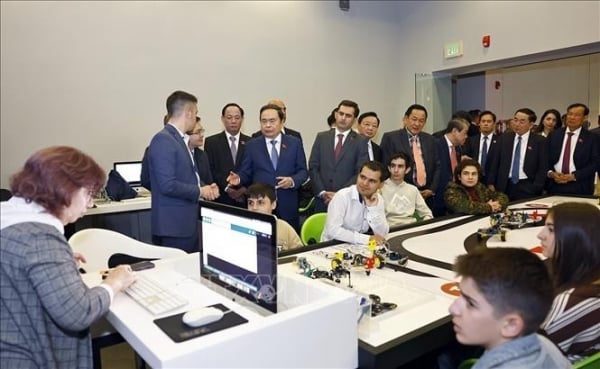







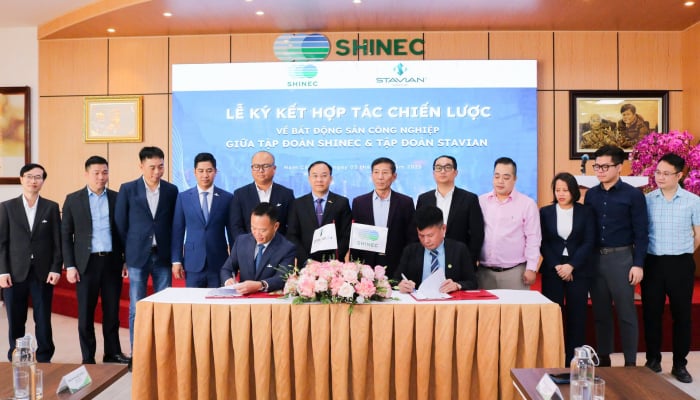
















































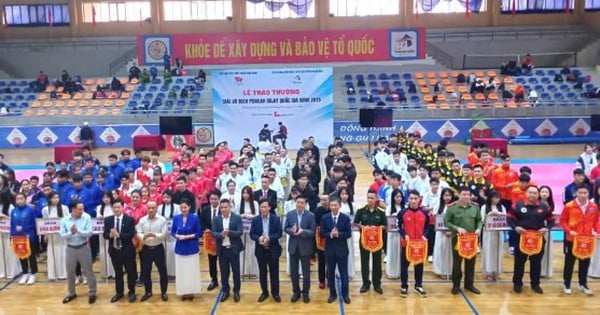
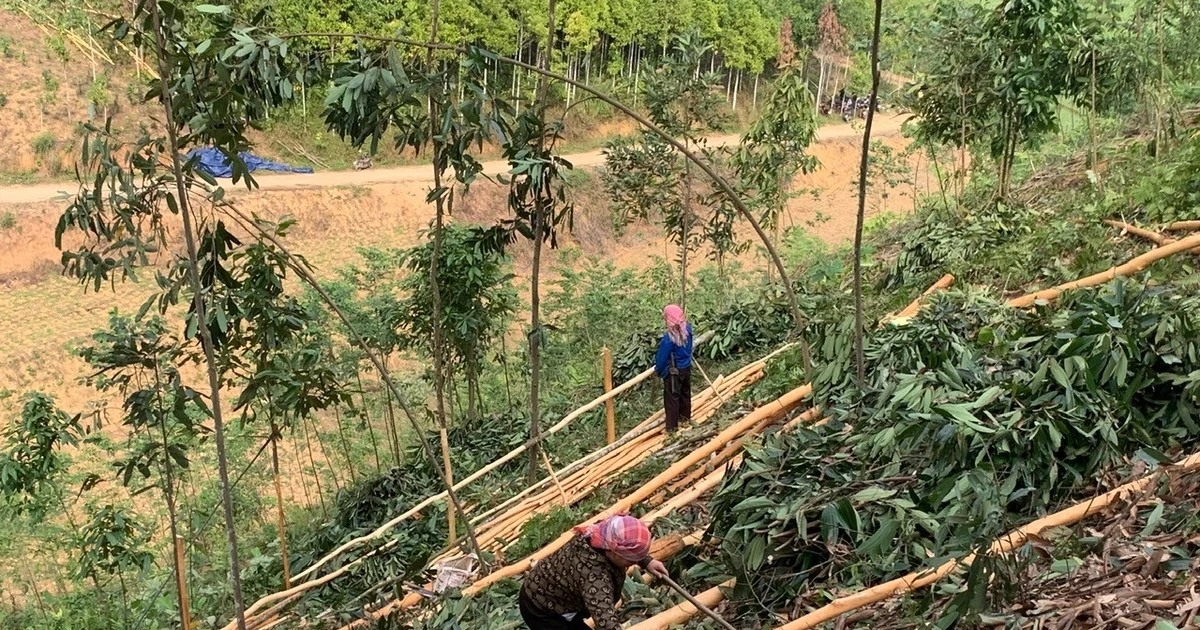



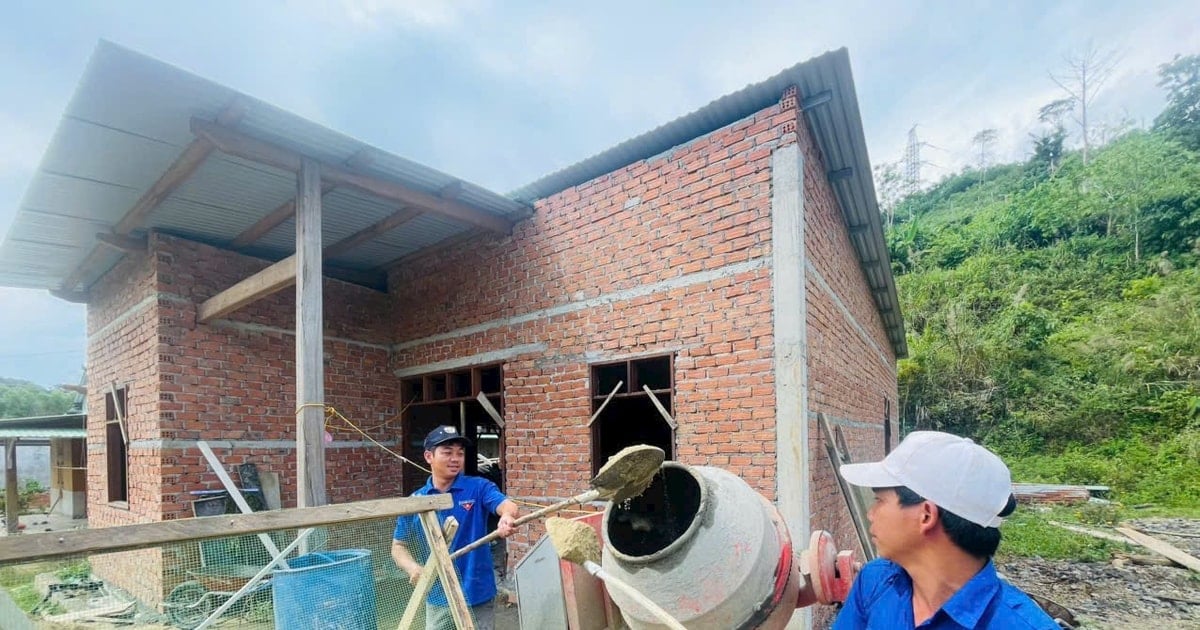

















Comment (0)